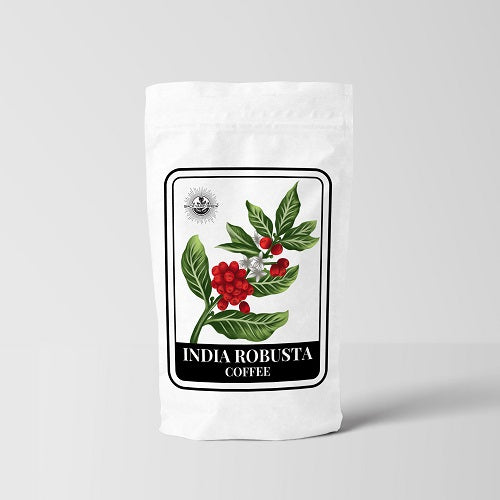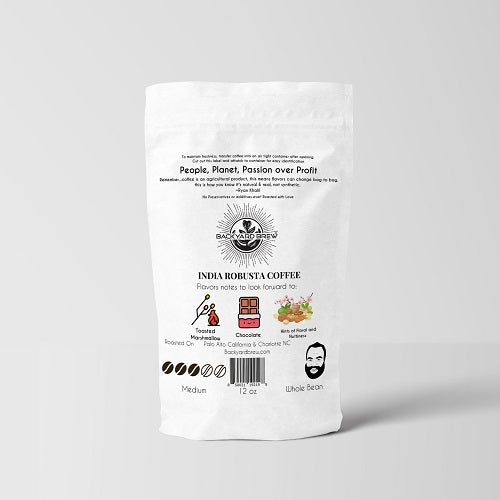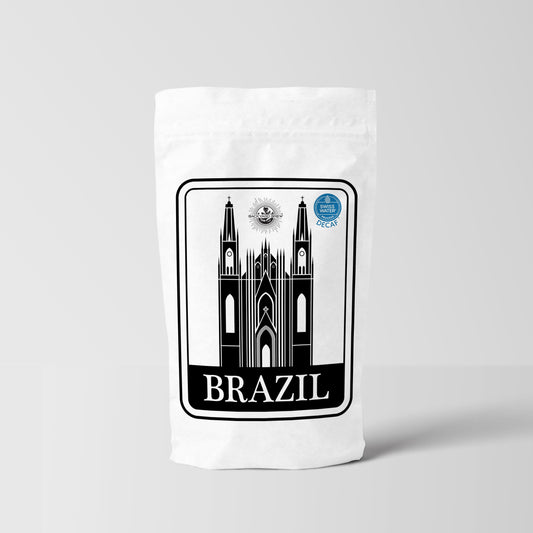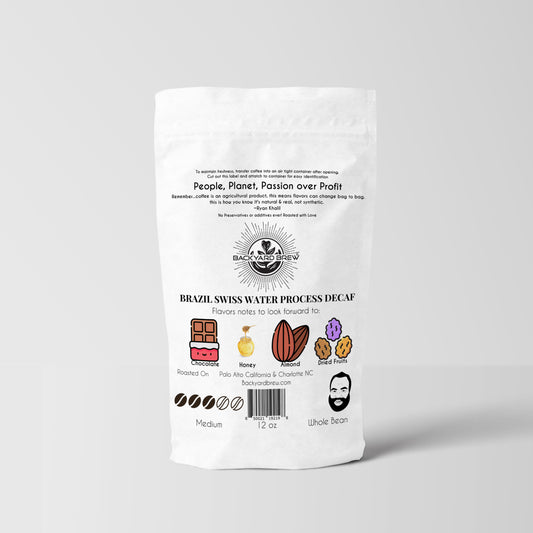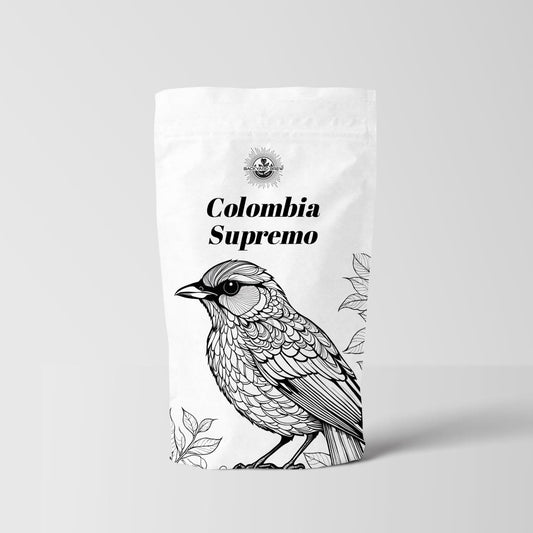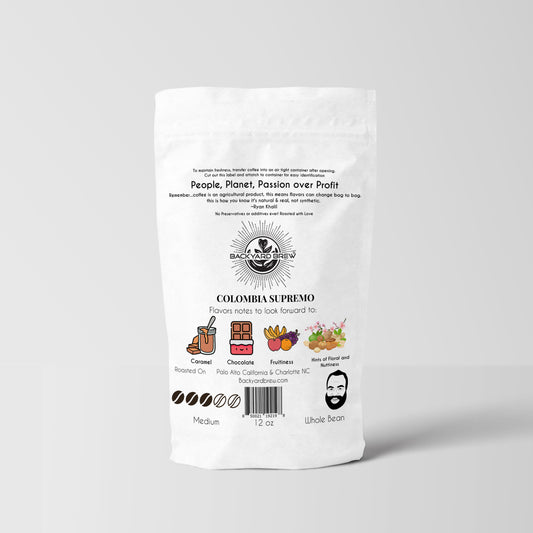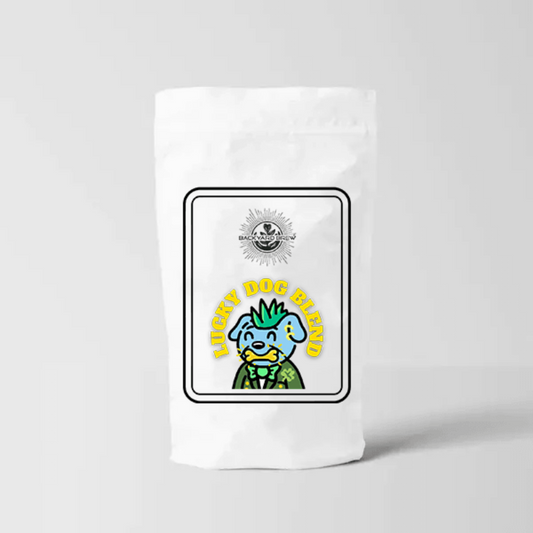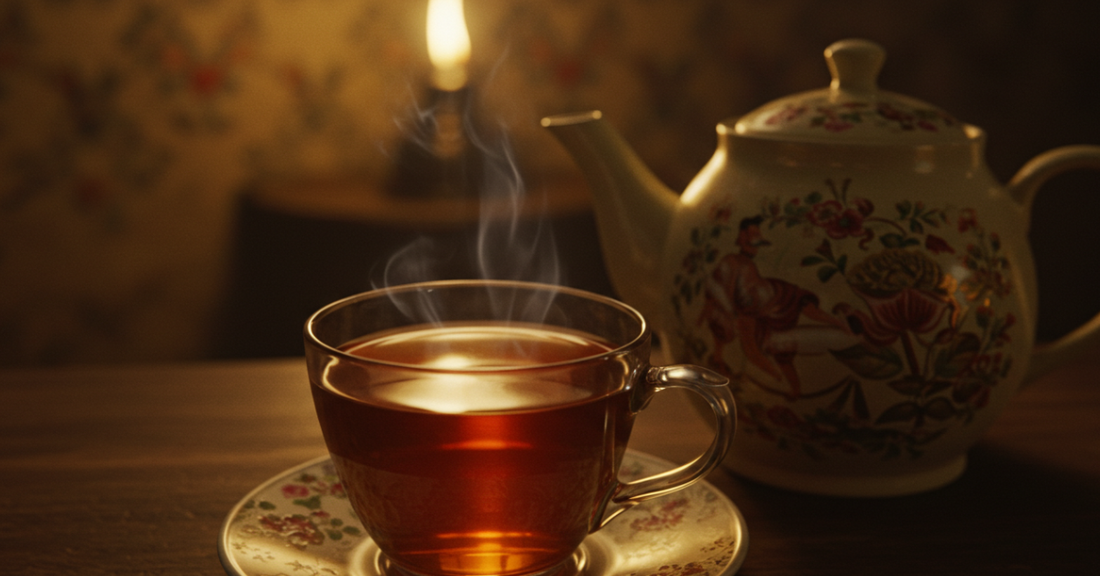Mythology and Folklore Surrounding Tea - Untold Stories!
Related Product
Subscribe
Table of Contents
There’s so much mythology and folklore surrounding tea! Have you ever wondered how a simple cup of tea can hold so much history and meaning? After all, tea is not just a beverage; it is a symbol of culture, tradition, and even spirituality in many societies. This blog will explore the rich mythology and folklore surrounding tea, revealing how it has shaped human experiences across the globe.
The Origins of Tea – Its Mythical Beginning
The story of tea begins in ancient China. According to legend, Emperor Shen Nong discovered tea accidentally in 2737 BCE. While boiling water, leaves from a nearby tree fell into his pot. The resulting infusion was refreshing and invigorating. This tale highlights the serendipitous nature of tea's discovery, making it a mystical beverage from the start.
The Legend of the Bodhidharma
Another fascinating story involves Bodhidharma, the founder of Zen Buddhism. It is said that he meditated for nine years, and during this time, he fell asleep. Upon waking, he was so frustrated that he cut off his eyelids to prevent himself from dozing off again. Legend has it that the eyelids fell to the ground and sprouted into the first tea plants. This myth emphasizes tea's role in enhancing alertness and mindfulness.
|
Myth/Legend |
Description |
|
Discovery by Shen Nong |
Emperor Shen Nong discovered tea in 2737 BCE when leaves accidentally fell into his boiling water. |
|
Bodhidharma's Eyelids |
Bodhidharma, the founder of Zen Buddhism, cut off his eyelids to stay awake during meditation, and they sprouted into tea plants. |
|
Tea as a Gift from the Gods |
Some legends suggest that tea was a divine gift to humanity, bestowed by celestial beings for health and enlightenment. |
|
The Legend of the Tea Fairy |
In Chinese folklore, a tea fairy is said to have taught humans how to brew tea, sharing its benefits and rituals. |
|
Tea and Immortality |
In some cultures, tea is believed to grant longevity and immortality, often associated with health and vitality. |
|
The Tale of the First Tea Plant |
A myth states that the first tea plant grew from the tears of a goddess who wept for the suffering of humanity. |
Tea as a Gift from the Gods
In various cultures, tea is often regarded as a divine gift. Legends suggest that celestial beings or gods bestowed tea upon humanity to promote health, wisdom, and enlightenment. This belief underscores the reverence people have for tea, viewing it not just as a beverage but as a sacred elixir that connects them to the divine. The idea that tea is a gift from the gods highlights its importance in rituals and ceremonies, where it is often served to honor guests and celebrate special occasions.
The Legend of the Tea Fairy
In Chinese folklore, the Tea Fairy is a mystical figure believed to have taught humans the art of brewing tea. According to the legend, this fairy descended from the heavens to share the secrets of tea preparation and its numerous benefits. The Tea Fairy is often depicted as a benevolent spirit who embodies the essence of nature and harmony. This myth emphasizes the cultural significance of tea as a bridge between the earthly and the divine, reinforcing the idea that tea is a source of wisdom and connection.
Tea and Immortality
In some traditions, tea is associated with the quest for immortality. Ancient texts and folklore suggest that consuming tea can lead to longevity and vitality. This belief is often linked to the health benefits attributed to various types of tea, such as green tea and herbal infusions. The notion that tea can grant immortality reflects the deep-rooted cultural significance of the beverage, as it is often consumed during rituals aimed at promoting well-being and spiritual growth. This myth encourages people to view tea as more than just a drink; it is a pathway to a longer, healthier life.
The Tale of the First Tea Plant
One enchanting myth tells the story of the first tea plant's origin. According to this legend, the first tea plant sprouted from the tears of a goddess who wept for the suffering of humanity. Moved by the plight of people, she shed tears that nourished the earth, giving rise to the tea plant. This myth symbolizes the nurturing qualities of tea and its ability to bring comfort and solace to those who drink it. It highlights the connection between tea and compassion, suggesting that the beverage serves as a source of healing and emotional support.
|
Myth/Legend |
Description |
|
The Legend of the Tea Dragon |
In some Asian cultures, it is said that a dragon once guarded a sacred tea tree, ensuring that only the worthy could harvest its leaves. |
|
Tea and the Moon |
Folklore suggests that tea brewed under a full moon possesses special properties, enhancing its flavor and health benefits. |
|
The Healing Powers of Tea |
Many cultures believe that certain teas can heal ailments, with specific blends created for various health issues, passed down through generations. |
|
The Tea Merchant's Journey |
A tale tells of a tea merchant who traveled the world, spreading the knowledge of tea and its benefits, becoming a symbol of cultural exchange. |
|
The Spirit of the Tea Plant |
Some traditions hold that each tea plant has a spirit that must be respected and honored during harvesting, ensuring a good yield and quality. |
|
The First Tea Ceremony |
A myth recounts that the first tea ceremony was performed by a wise sage who used tea to teach lessons of patience, mindfulness, and respect. |
The Legend of the Tea Dragon
In some Asian stories, there is a dragon that protected a special tea tree. This dragon was wise and made sure that only good people could pick the tea leaves. This legend shows how important tea is and reminds us to respect nature and its guardians.
Tea and the Moon
Some people believe that tea brewed during a full moon has special qualities. They think the moon's light makes the tea taste better and boosts its health benefits. Many enjoy making tea under the full moon, believing it brings out the best flavors. This idea connects tea with the beauty of nature.
The Healing Powers of Tea
Many cultures believe that different types of tea can help with health problems. Stories are passed down about specific teas that can soothe stomach aches, reduce stress, or boost the immune system. This belief highlights tea's role as a natural remedy and its importance in everyday life.
The Tea Merchant's Journey
There is a story about a tea merchant who traveled the world, sharing the knowledge of tea with different cultures. He became a symbol of friendship and connection, showing how tea can bring people together. This tale emphasizes how tea can create bonds between different communities.
The Spirit of the Tea Plant
Some traditions say that each tea plant has a spirit that should be respected when harvesting. People believe that treating the plants with care will lead to better tea. Harvesters often perform small rituals to honor the spirit of the tea plant, showing gratitude for what it provides.
The First Tea Ceremony
One story tells of the first tea ceremony, created by a wise sage who used tea to teach lessons about patience and mindfulness. This ceremony became a model for how tea is enjoyed today, focusing on being present and respectful. This myth highlights the importance of tea ceremonies in promoting calmness and connection among people.
Types of Tea Leaves
Tea comes in various forms, each with its unique flavor and health benefits. Understanding the Types of Tea Leaves can deepen your appreciation for this ancient drink.
-
Black Tea
Black tea is the most commonly consumed type worldwide. It undergoes full oxidation, giving it a robust flavor. In many cultures, black tea is associated with hospitality and social gatherings. For instance, in England, afternoon tea is a cherished tradition.
-
White Tea
White tea is the least processed of all tea types. It consists of young leaves and buds, making it delicate and subtle in flavor. In Chinese culture, white tea is often linked to purity and tranquility. It is believed to have health benefits, including boosting the immune system.
-
Herbal Tea
Herbal tea is not technically tea, as it does not come from the Camellia sinensis plant. Instead, it is made from various herbs, flowers, and fruits. Herbal teas are often associated with healing and wellness. For example, chamomile tea is known for its calming properties.
-
Oolong Tea
Oolong tea is partially oxidized, placing it between black and green tea. It offers a complex flavor profile, making it a favorite among tea connoisseurs. In Chinese culture, oolong tea is often served during special occasions, symbolizing harmony and balance.
-
Pu erh Tea
Pu erh tea is a fermented tea that can be aged for years. It has a unique earthy flavor and is often associated with health benefits, such as aiding digestion. In Chinese tradition, pu erh tea is considered a luxury item, often gifted during important celebrations.
Ethical Sourcing of Tea Leaves
As tea lovers, we must consider the impact of our choices. The ethical sourcing of tea leaves is crucial for ensuring fair treatment of workers and sustainable farming practices. Many tea brands now focus on ethical sourcing, ensuring that farmers receive fair wages and work in safe conditions.
Organic Tea Farming Practices
Organic tea farming practices are gaining popularity. These methods avoid synthetic pesticides and fertilizers, promoting a healthier environment. Choosing organic tea not only benefits your health but also supports sustainable agriculture.
Fair Trade Tea Leaves
Fair Trade tea leaves ensure that farmers receive fair compensation for their hard work. This movement aims to empower communities and promote sustainable practices. By choosing Fair Trade tea, you contribute to a more equitable global economy.
Conclusion
Tea has a long history, starting with its mythical beginnings in ancient China. It has become an important part of our lives today. Stories about tea, like how Emperor Shen Nong discovered it and how Bodhidharma used it for meditation, show how meaningful tea is to people.

